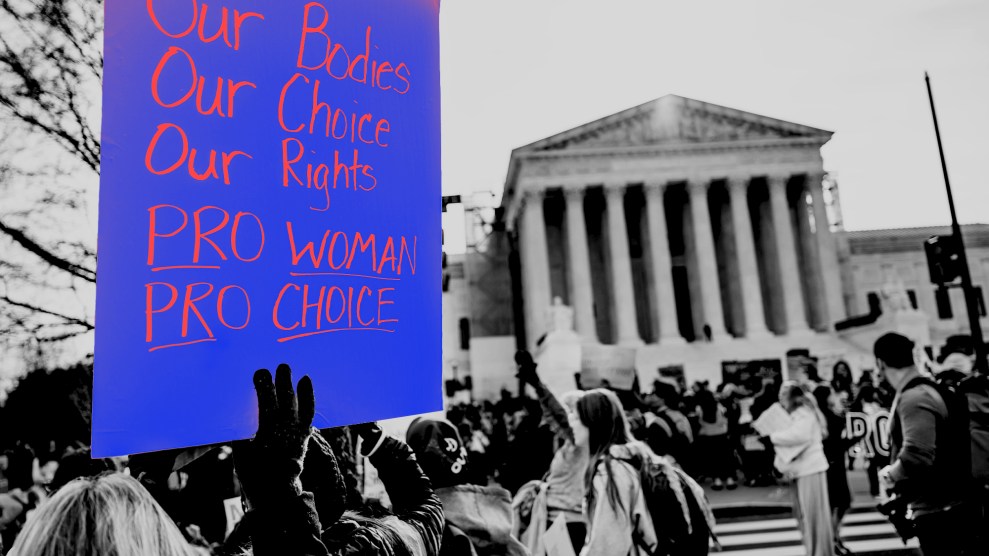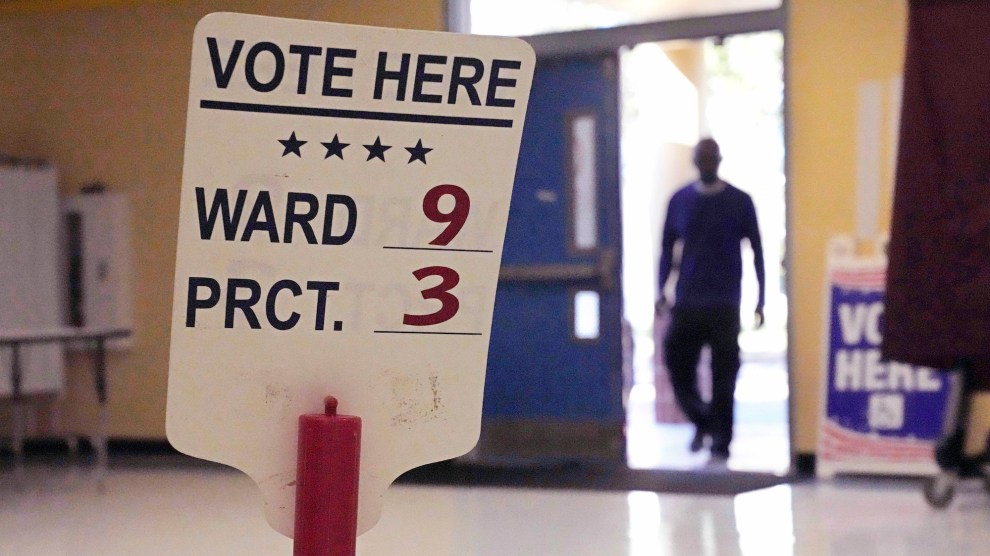| |
Last year, strategist Frank Lutz wrote, “A compelling story, even if factually inaccurate, can be more emotionally compelling than a dry recitation of the truth,” in a memo to President Bush on how to improve the perception of the president’s environment record.
In his new pick to head the EPA, Utah Governor Mike Leavitt, Bush offered the kind of compelling story Luntz would be proud of. Leavitt was part of an air-quality partnership that helped clear up a brown haze hanging in the air in southwestern Utah. Leavitt boasts:
“Now, any environmental problem that involves 13 states, and 13 tribal nations, and three federal agencies, and the private sector, and a long list of environmental groups had complexities and had disagreements, and this was absolutely no exception to that. But in the end, we worked together to develop a plan that will clean up the air over the Grand Canyon. It’s left a lasting impact, not just on the Grand Canyon, but on me. It has changed the way we resolve environmental problems and disputes in the west, and I think it’s safe to say, in the entire country.”
The haze-clearing success has won Leavitt some plaudits from enviros, but it is by no means a microcosm of his overall record. Soon after the announcement, environmental groups criticized the story, pointing out in particular Leavitt’s hand in opening Utah ‘s public lands to development. To be fair, Leavitt also took some criticism from the far right. Fred Smith, head of the Competitive Enterprise Institute, told the Washington Post he suspects Leavitt “will be a western Whitman” (a moderate by comparison to other Bush appointees). But judging from the Post ‘s description, it seems Leavitt fits right in with Bush ‘s corporate-friendly environment team:
“Leavitt, if confirmed, would gain a national platform from which to launch his ‘Enlibra Principles’ of environmental management. The program, which he has championed to Congress and other governors, involves moving power to lower levels, separating policymaking from data-gathering, using financial incentives rather than regulations and relying on cost-benefit analysis.
Leavitt’s confirmation would put the administration’s conservation policy firmly in the hands of westerners suspicious of federal power. Gale A. Norton, from Colorado, already heads the Interior Department. Leavitt can be expected to pursue an aggressive effort to shift environmental regulation to the states. As governor, the 52-year-old Leavitt has long championed the notion of devolution of powers from the federal to state and local governments. He has criticized both Republican and Democratic lawmakers for keeping power in Washington.
In Utah, Leavitt has often been accused by environmentalists of resisting Clinton-era attempts to expand federally protected wilderness areas, and he has sparred with environmentalists for years over his plans — halted in court — to build a highway along the state’s Legacy Nature Preserve.”
Some suggest Bush was trying — as much as he could — to limit media coverage of Leavitt ‘s selection. The Post cited an unnamed administration official saying Leavitt is a low-key “bureaucrat ‘s bureaucrat” who will keep the EPA “out of the headlines.” Bush’s announcement was made in Denver (where he raised a cool $1 million on the same day), and the Denver Post reports that the event announcing Leavitt’s appointment, while nominally a press conference, was still purposely kept on the down-low:
“The event was not on his public schedule and neither local media nor questions from national reporters were allowed. Steve Santomo, general manager of the Denver Airport Marriott hotel said his staff was told three days ago to reserve 20 rooms for the Bush entourage. The workers at the hotel were asked not to notify local media, he added.”
The trip is part of a greater White House initiative to improve the administration’s image on the environment. A separate story in the Washington Post examines the president’s 3-week push to bolster his image:
“Republican strategists said the swing through the West is designed as insurance against expected campaign portrayals of Bush as a negligent steward of the air, water and land.
…
Chris Mehl, a Wilderness Society official in Montana, said Bush ‘is going to do more environmental stuff in the next three weeks than he has done in the last three years’ and derided the approach as ‘policy by photo op.’
…
With polls giving Democrats a 2-to-1 advantage over Bush for handling of the environment, some Republican strategists view the issue as his biggest impediment toward his goal of increasing his 2000 coalition by attracting suburban voters — especially women, and especially those on the coasts.”
The Luntz memo, a comprehensive guide to “greenwashing,” gives us a good idea of what we will be hearing over the next three weeks:
The three words Americans are looking for in environmental policy are ‘safer,’ ‘cleaner,’ and ‘healthier.’
…
Stay away from ‘risk assessment,’ ‘cost-benefit analysis,’ and other environmental terminology used by industry and corporations. Your constituents don’t know what those terms mean, and they will then assume that you are pro-business.”
Given that those terms happen to be favorites of the new head of the EPA, “pro-business” might be the “safer” assumption.















